CORPORATE
STUDENT
ACADEMIC
GOVERNANCE
RESEARCH
QUICK LINKS
Panel on "Confronting the Reality of Earthquakes in the Eastern Black Sea Region" Held at Our University
In collaboration with our university’s Earthquake and Structural Health Application and Research Center (DE-YAS), the Ministry of Environment, Urbanization and Climate Change of the Republic of Türkiye, Trabzon Metropolitan Municipality, the Disaster and Emergency Management Authority (AFAD), and the Trabzon Branch of the Union of Chambers of Turkish Engineers and Architects (TMMOB) Chamber of Civil Engineers, the panel titled "Studies Conducted and Planned After the February 6, 2023, Kahramanmaraş Earthquakes and Confronting the Reality of Earthquakes in the Eastern Black Sea Region" was held at the Prof. Dr. Osman Turan Culture and Congress Center. The event featured Trabzon Metropolitan Municipality Mayor Esq. Ahmet Metin GENÇ, Director of the Earthquake Department of the General Directorate of Earthquake and Risk Reduction Prof. Dr. Aykut AKGÜN, Deputy General Director of Construction Works at the Ministry of Environment, Urbanization, and Climate Change Murat AKINBİNGÖL, DE-YAS Director Prof. Dr. Ahmet Can ALTUNIŞIK, and TMMOB Trabzon Branch President Civil Engineer Mustafa TİRYAKİ as speakers.
"We Achieved What No Other Country or Government Could Do with National Solidarity"
The panel, which brought together experts in the field to share their scientific insights and experiences, aimed to discuss ways to enhance the resilience of existing structures, enforce stricter inspections for new buildings, reshape urbanization policies based on scientific data, and educate the public on earthquake awareness. The opening speech was delivered by Trabzon Metropolitan Municipality Mayor Esq. Ahmet Metin GENÇ, who stated:
"We faced a great disaster, yet we managed to accomplish something that no other country or government in the world could achieve solely with state resources and intelligence—we did it through national solidarity. Of course, the priority should be to prevent risks from emerging in the first place. However, managing the aftermath is just as crucial. We demonstrated an extraordinary example of solidarity, and under the leadership, determination, and resolve of our President, we are collectively healing our wounds in a remarkably short time."
"As a Technical Higher Education Institution, We Conduct Significant Studies on Earthquakes"
Addressing the attendees, our Rector, Prof. Dr. Hamdullah ÇUVALCI, emphasized the university’s contributions to earthquake-related efforts:
"As Karadeniz Technical University, we take on significant responsibilities in the field of earthquake research, just as we do in many other areas, given our identity as a technical higher education institution. Following the Kahramanmaraş earthquakes, we provided substantial support to the state in social, technical, and legal aspects. Immediately after the earthquake, our university’s Civil Defense Unit personnel were deployed to the affected areas, while our students worked diligently to sort and distribute donated goods. We mobilized all our resources, opening our dormitories and hotel to earthquake victims to ensure their comfort. Beyond search and rescue operations, we also played an active role in damage assessment processes. Our Civil Engineering Department faculty members worked on the ground for months from the very first day, providing continuous scientific and technical support. Additionally, the investigation files regarding the collapsed buildings in Kahramanmaraş, Adıyaman, Hatay, Gaziantep, Adana, and Malatya were prepared under the coordination of KTÜ's Earthquake and Structural Health Application and Research Center (DE-YAS)."
"The Eastern Black Sea Region Is Not as Safe as It Seems"
The panel analyzed the earthquake risk in Trabzon and the Eastern Black Sea Region using scientific data, drawing attention to the region’s building stock and addressing misconceptions about its seismic safety. Contrary to the common belief that the area has a low earthquake risk, experts highlighted that it is not entirely safe. They emphasized the importance of recognizing earthquake risks and considering secondary disasters such as fires, rockfalls, and landslides that may occur following an earthquake.
Additionally, the discussion stressed the need for:
- Increasing the resilience of existing structures,
- Strict inspections of new buildings,
- Reshaping urbanization policies based on scientific data,
- Educating the public on earthquake preparedness, and
- Prioritizing earthquake awareness as a key issue for the region.
The event concluded with the presentation of plaques to the panelists and a commemorative group photo.
12 February 2025
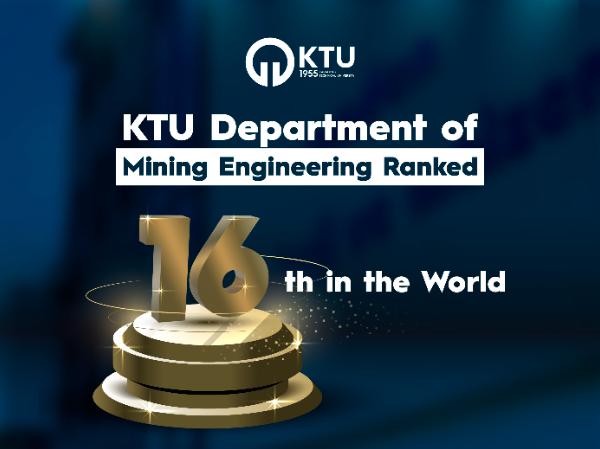
The Department of Mining Engineering achieved a remarkable success by ranking 16th in the world, according to the 2025 data released by the ScholarGPS.
09 December 2025
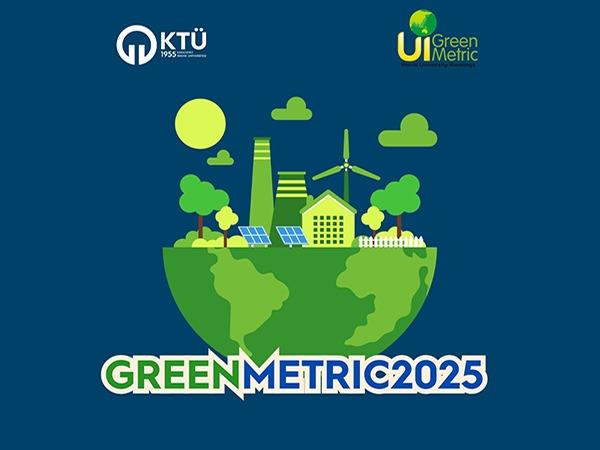
Our University has achieved another significant milestone in the UI GreenMetric World University Rankings.
08 December 2025
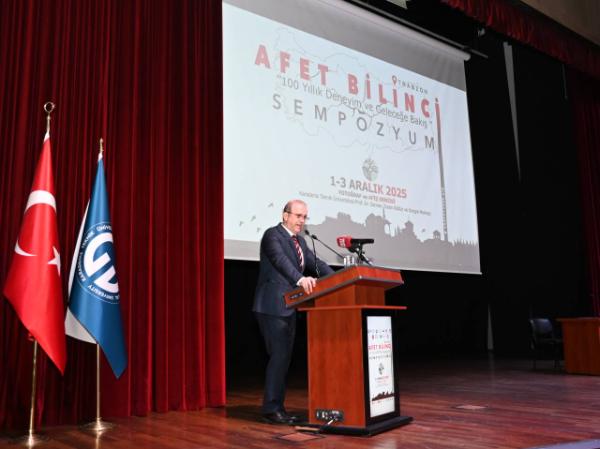
At the "Disaster Awareness: A Century of Experience" Symposium hosted at our university, 10 different themes related to disaster management were addressed.
05 December 2025

The conference was held at the Prof. Dr. Osman Turan Culture and Congress Center with the honored participation of TRNC Speaker of the Assembly Dr. Ziya ÖZTÜRKLER.
04 December 2025
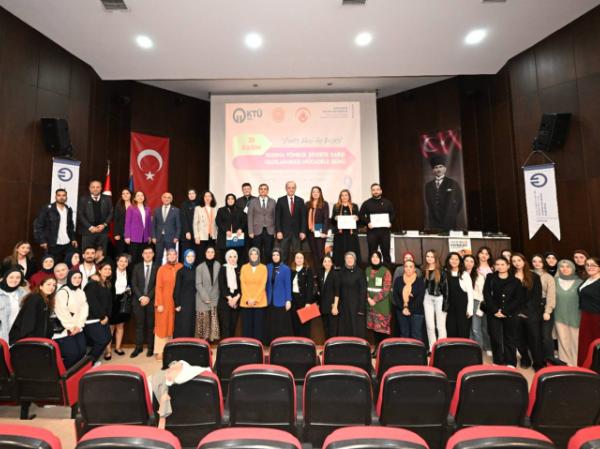
A panel titled "Shared Responsibility from Academia to Society in Combating Violence Against Women" was held at the Prof. Dr. Osman Turan Cultural and Congress Center.
26 November 2025
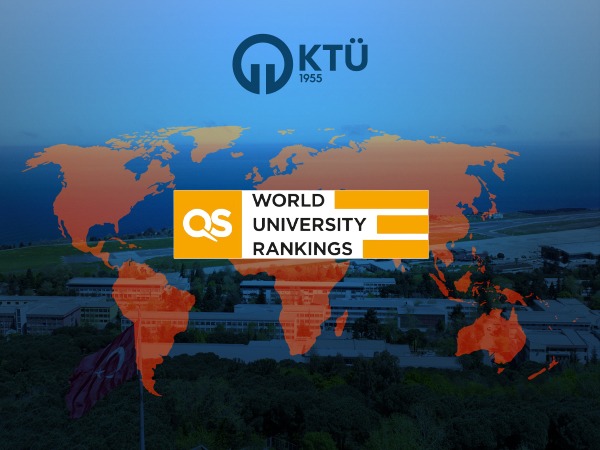
Our University has achieved remarkable progress in the Quacquarelli Symonds (QS) 2026 Sustainability Rankings.
20 November 2025

The proposal to establish the APİMER at our University has been approved at the Executive Board of Council of Higher Education.
18 November 2025
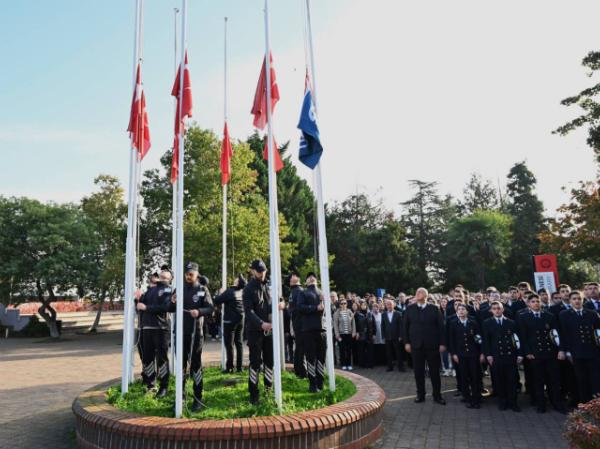
As part of the 87th anniversary of the passing of Gazi Mustafa Kemal ATATÜRK, a commemoration program was held at our university.
11 November 2025
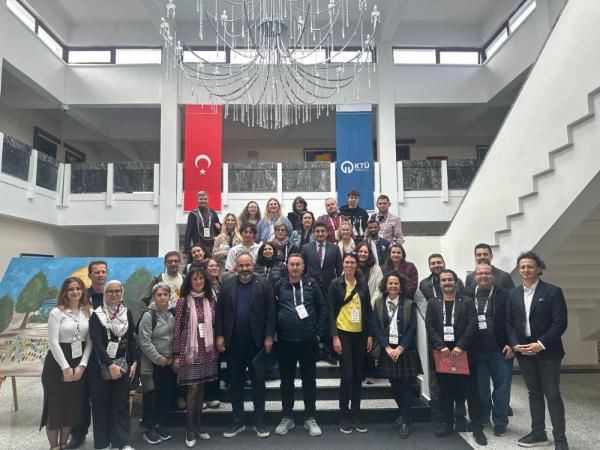
23 representatives from 11 different countries and 15 different universities attended the event during which Karadeniz Technical University and city of Trabzon were introduced.
10 November 2025
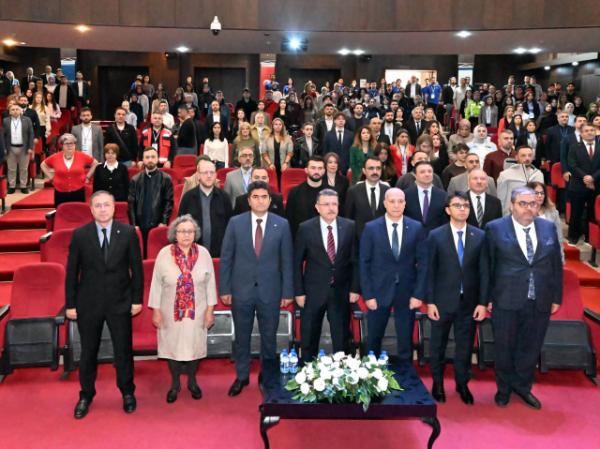
The ?Human Resources Career Congress and Fair? started with an opening ceremony held at the KTU Osman Turan Culture and Congress Center.
06 November 2025
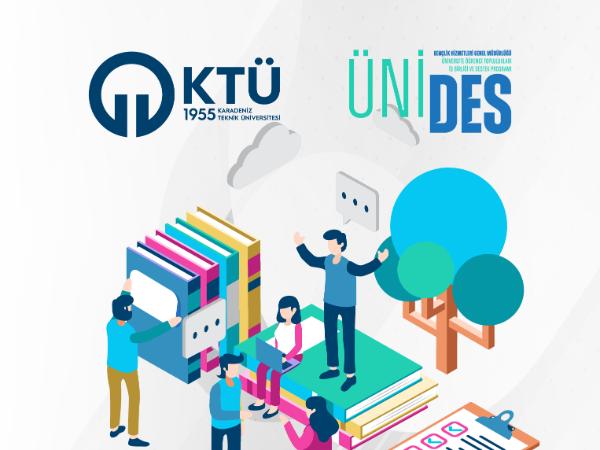
Projects selected for funding under the 5th Term of the University Student Communities Collaboration and Support Program (ÜNİDES) have been announced.
04 November 2025
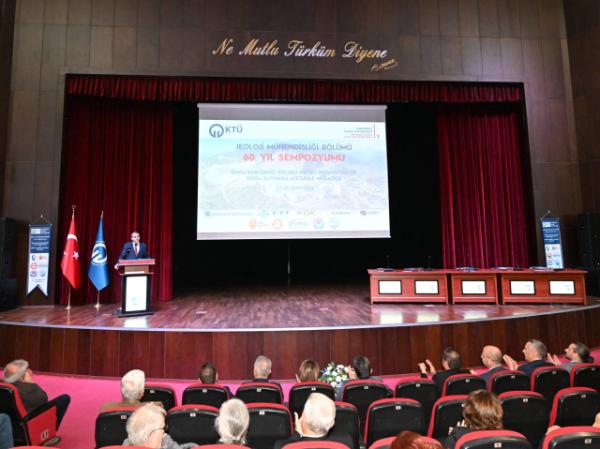
The Department of Geological Engineering at Karadeniz Technical University (KTU) celebrated its milestone with the "60th Anniversary Symposium of Geological Engineering."
04 November 2025
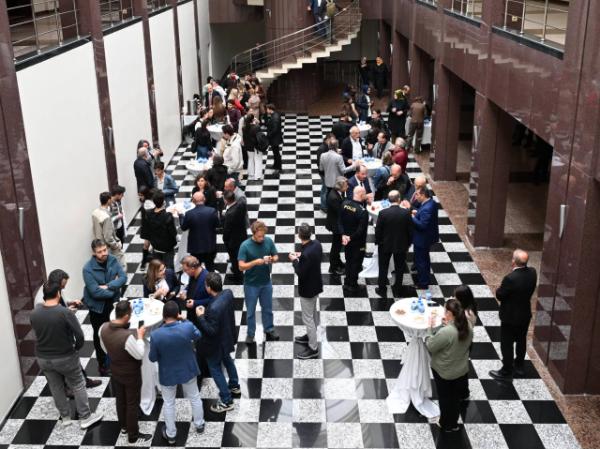
The panel titled "Water and Forest Management in a Changing Climate" was held on October 16?17, 2025, at the Prof. Dr. Osman Turan Culture and Congress Center.
04 November 2025
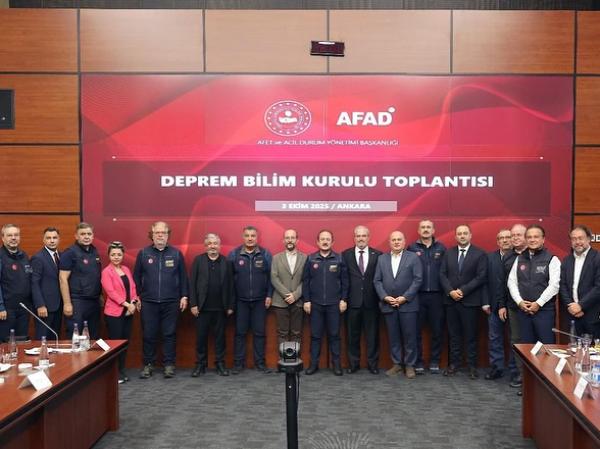
Prof. Dr. Ahmet Can ALTUNIŞIK has been appointed to the Earthquake Science Board of the Disaster and Emergency Management Presidency (AFAD).
07 October 2025
